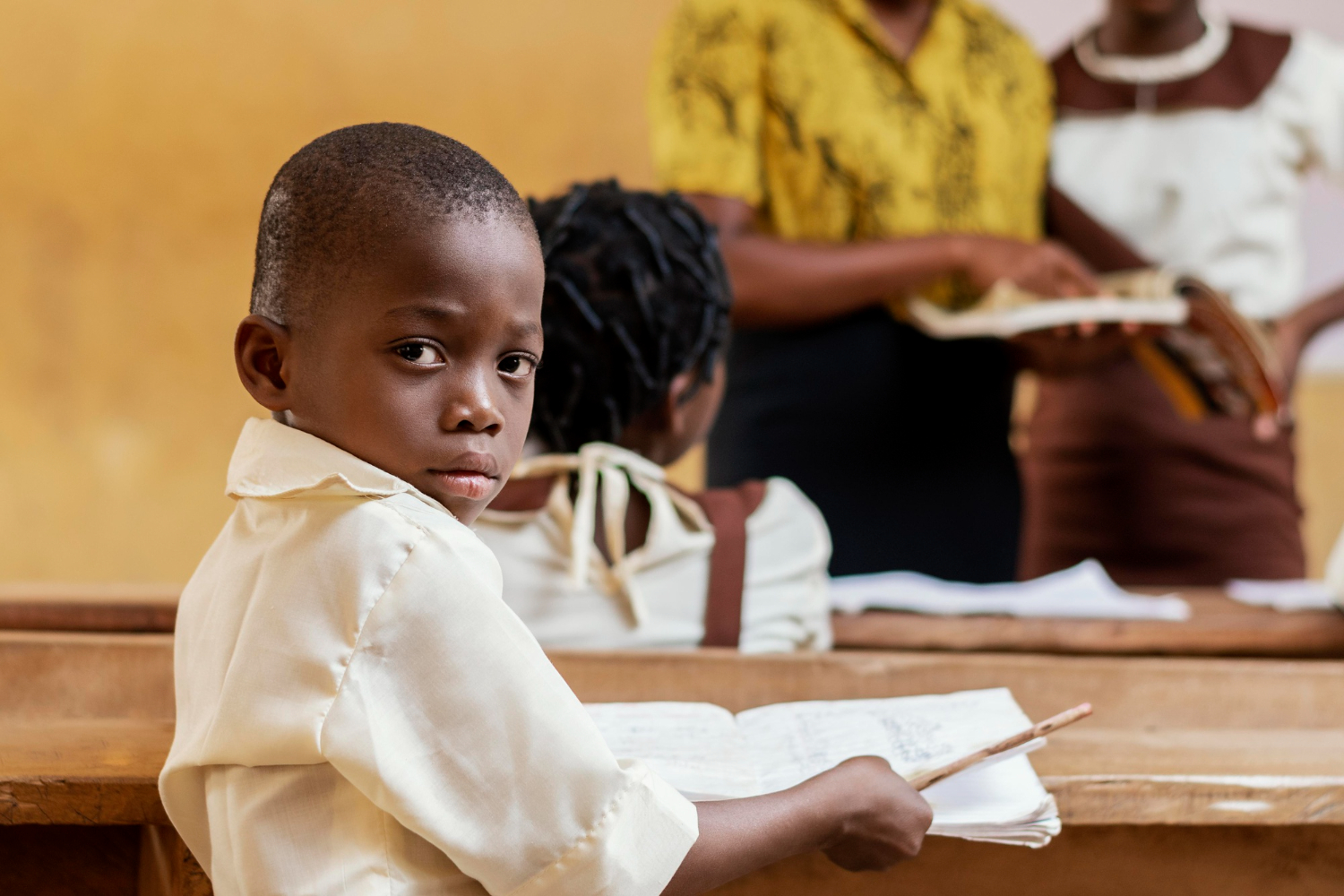
Education is more than a tool — it’s the foundation for freedom, innovation, and equity. Across West Africa, millions of young people still lack access to the education they deserve. Yet, grassroots efforts and community-led initiatives are proving that change is possible.
In regions where schools are underfunded and girls are disproportionately excluded, education becomes a social justice issue. Nonprofits and local advocates are stepping in to bridge these gaps — offering literacy programs, vocational training, and scholarship support to marginalized students.
Beyond the classroom, education empowers young people to participate meaningfully in society. It builds critical thinking, cultivates leadership, and reduces poverty over time. Studies show that every additional year of schooling can significantly increase future earnings and decrease the risk of exploitation, especially for girls.
Technology is also playing a role, with mobile learning tools and virtual classrooms reaching students in rural areas. But infrastructure remains a challenge — from teacher shortages to inadequate materials.
Conclusion:
For sustainable change, investment in education must be consistent, inclusive, and community-driven. Supporting local education programs isn’t just charity — it’s nation-building.